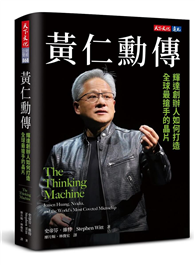Given their tremendous success in commercial applications, machine learning (ML) models are increasingly being considered as alternatives to science-based models in many disciplines. Yet, these "black-box" ML models have found limited success due to their inability to work well in the presence of limited training data and generalize to unseen scenarios. As a result, there is a growing interest in the scientific community on creating a new generation of methods that integrate scientific knowledge in ML frameworks. This emerging field, called scientific knowledge-guided ML (KGML), seeks a distinct departure from existing "data-only" or "scientific knowledge-only" methods to use knowledge and data at an equal footing. Indeed, KGML involves diverse scientific and ML communities, where researchers and practitioners from various backgrounds and application domains are continually adding richness to the problem formulations and research methods in this emerging field.
Knowledge Guided Machine Learning: Accelerating Discovery using Scientific Knowledge and Data provides an introduction to this rapidly growing field by discussing some of the common themes of research in KGML using illustrative examples, case studies, and reviews from diverse application domains and research communities as book chapters by leading researchers.
KEY FEATURES
- First-of-its-kind book in an emerging area of research that is gaining widespread attention in the scientific and data science fields
- Accessible to a broad audience in data science and scientific and engineering fields
- Provides a coherent organizational structure to the problem formulations and research methods in the emerging field of KGML using illustrative examples from diverse application domains
- Contains chapters by leading researchers, which illustrate the cutting-edge research trends, opportunities, and challenges in KGML research from multiple perspectives
- Enables cross-pollination of KGML problem formulations and research methods across disciplines
- Highlights critical gaps that require further investigation by the broader community of researchers and practitioners to realize the full potential of KGML












